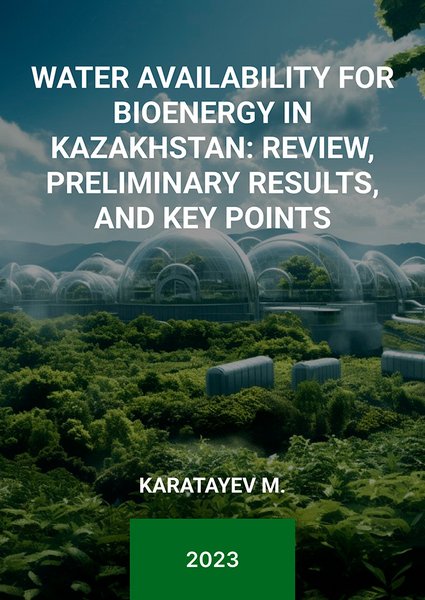




Year: 2023
Collections: Scientific Publications
Topics: Water
Authors: Karatayev M.
Countries: Kazakhstan
Source: Central Asian Journal of Sustainability and Climate Research
In transitional countries with arid climates, water stress is rising as the demand for water rises with population, economic growth, and intensive development of agriculture and energy and change in climate environment. In this regard, transitional nations plan in national programmes and policies alternative energy sources, sustainable food development, and circular water resource usage. However, these nations frequently approach current water, energy, and food planning without taking interactions of these resources and their impact on each other into account. This paper intends to demonstrate the significance of the water, energy, and food nexus approach for Central Asian countries in transition.
Downloads:
In transitional countries with arid climates, water stress is rising as the demand for water rises with population, economic growth, and intensive development of agriculture and energy and change in climate environment. In this regard, transitional nations plan in national programmes and policies alternative energy sources, sustainable food development, and circular water resource usage. However, these nations frequently approach current water, energy, and food planning without taking interactions of these resources and their impact on each other into account. This paper intends to demonstrate the significance of the water, energy, and food nexus approach for Central Asian countries in transition. Kazakhstan is used as an example of a resource-rich, transitional economy in Central Asia. Kazakhstan has set a goal of reaching a 50% share of renewable and alternative energy sources in electricity generation by the year 2050 to reduce water and energy poverty, improve water and energy efficiency, achieve carbon neutrality, and rank among the top 30 developed nations. To meet the water and renewable energy goal, bioenergy plantation is anticipated to develop between 2030 and 2050. The findings of paper show that total withdrawals for bioenergy increase from the reported data of 15503.68 m3 in 2020 to 32182.16 m3 in 2050 under a bioenergy-intensive scenario. The average total increase, or 75.5%, would be 16678.48 m3. As such, policymakers and stakeholders in Central Asian region and Kazakhstan needs to carefully design its national energy goals given its future increase of water withdrawals, and shortage environment.
По всем вопросам сотрудничества обращайтесь по эл.адресу или телефону: